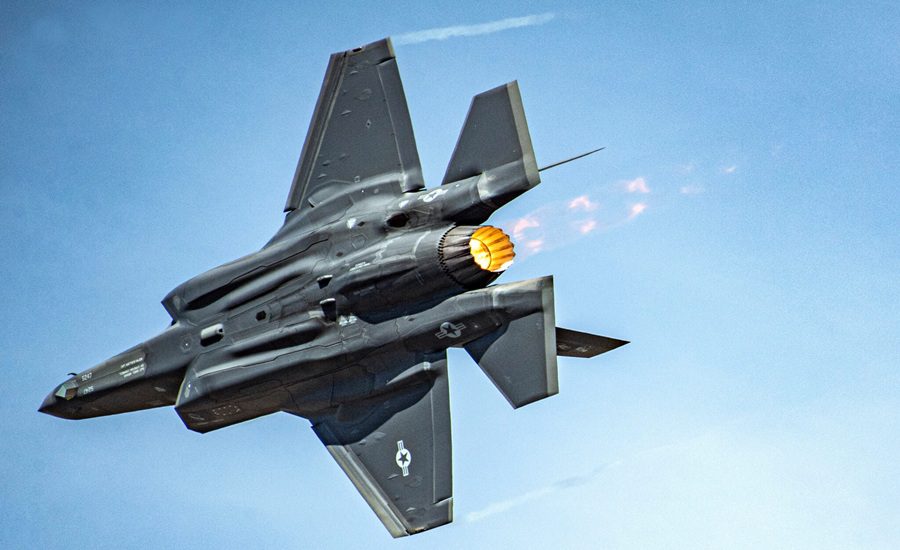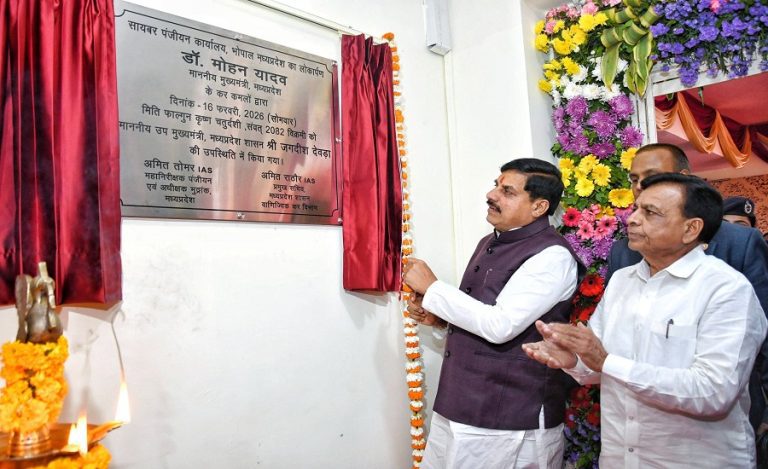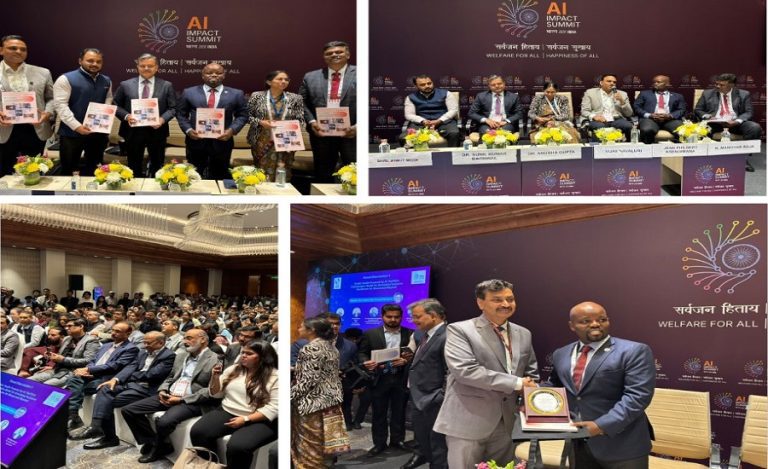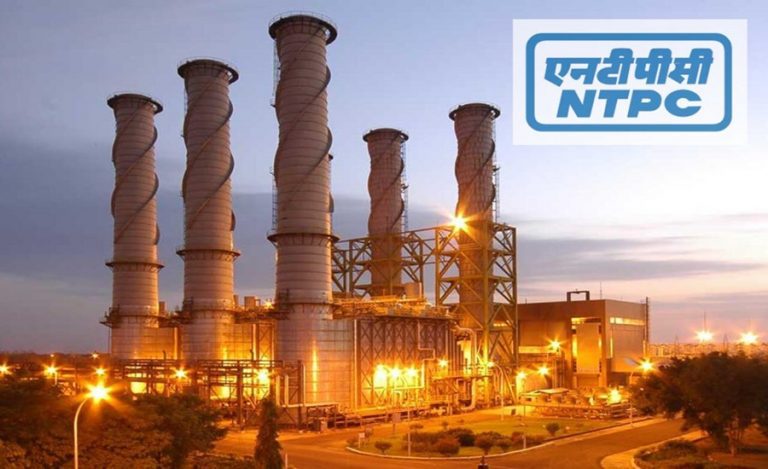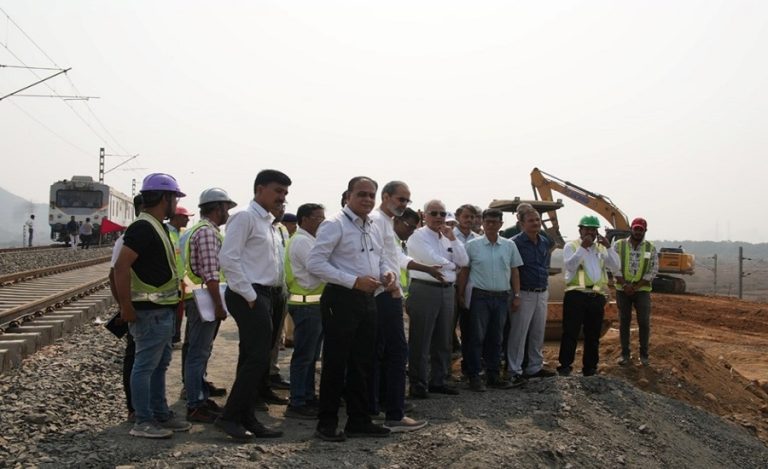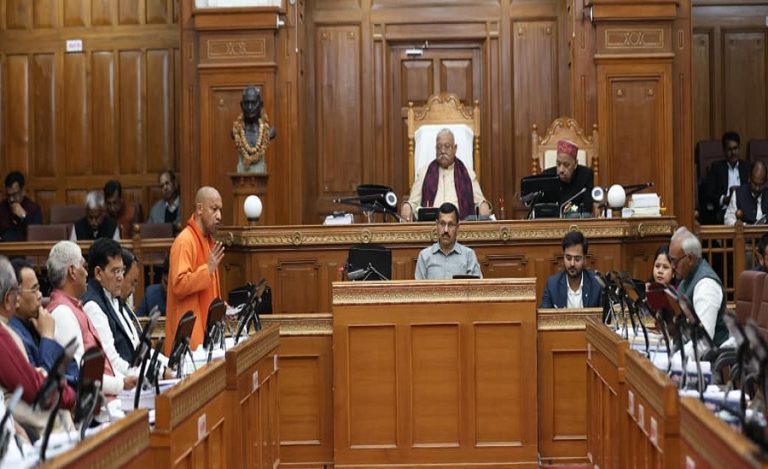In a strategic move to strengthen its aerial refuelling capability, the Indian Air Force (IAF) is on the verge of awarding a deal worth around ₹8,000 crore to Israel’s government-owned aerospace firm, Israel Aircraft Industries (IAI). The contract calls for IAI to convert six pre-owned Boeing 767 commercial aircraft into tanker transport platforms for the IAF. This development marks a major leap in India’s push for greater reach and endurance of its fighter fleet through effective mid-air refuelling.
Background of the 8000 crore tanker deal
The IAF has long operated a fleet of six Russian-origin Il-78 tanker aircraft based out of Agra, which support fighter jets of both the Air Force and Navy. However, the service has repeatedly attempted, over the past 15 years, to procure additional tanker aircraft to cater to expanding mission requirements.
The tender process for six new aerial tankers attracted bids from Russian and European firms as well, but IAI emerged as the sole eligible vendor after others were found non-compliant with key criteria — including 3-30 % indigenous content on used aircraft and other technical specifications.
The deal is thus poised not only to enhance refuelling capacity, but also to further India’s “Make in India” and defence offsets agenda, with IAI committing to around 30 % made-in-India content through this programme.
Key Details of the 8000 Crore Tanker Deal
- The proposed contract value stands at ≈ ₹8,000 crore for six aircraft.
- The aircraft in question: six used Boeing 767 commercial airframes, to be modified into multi-mission tanker-transports by IAI.
- IAI will convert these into tanker aircraft (akin to their KC-767 MMTT programme) under an offset arrangement that meets about 30 % indigenous manufacturing or systems integration.
Indian defence sources say the competitive bid cleared the path for IAI after other vendors failed to meet indigenous content or specification requirements.
Read Also: Revolution in the Sky: IIT Bombay’s GPS-Free VTOL Drone Swarm Tech Sets Global Benchmark
With this contract, the IAF’s tanker fleet will be upgraded to support longer mission profiles of fighter jets like the Rafale and Su-30 MKI by enabling in-flight refuelling and thus extended endurance.
Strategic Significance of This Deal
Acquiring these tanker aircraft is of high strategic value for India:
- It boosts the IAF’s power projection and operational reach, especially in the Indo-Pacific and Indian Ocean Region, by enabling fighter jets to stay airborne for longer durations.
- Medium-to-long range missions—be it maritime strike, deterrence or humanitarian assistance/disaster relief—will now get enhanced air-refuelling support.
- For the defence industrial ecosystem in India, meeting the offsets and indigenous content requirement means local firms will participate in manufacturing, integration and maintenance – a positive for “Atmanirbhar Bharat” (self-reliant India) push.
Challenges & Considerations
Despite the optimism, some caveats remain:
→ The use of pre-owned aircraft (Boeing 767s) means maintenance, remaining airframe life and logistical support must be carefully assessed. As one defence observer remarked on Reddit:
> “Between 6 of these new ones and 6 existing IL76s, IAF should be able to support 4-6 squadrons with mid air refuelling. It’s a good start.”
→ While older platforms can be cost-effective, ensuring they meet long-term serviceability, spare parts availability and integration into existing IAF tanker operations is critical.
→ Procurement delays and budgetary or bureaucratic hurdles have hampered previous tanker acquisitions for the IAF. Getting this deal executed timely will matter.
Looking Ahead – What Next?
If everything proceeds as anticipated:
- The contract likely will be signed soon, formalising IAI as the supplier for six tanker aircraft.
- Delivery phases will follow: conversions, systems integration, testing, possibly by 2027-28 onward (exact timeline not publicly specified yet).
- The tankers will bolster operational readiness of the Indian Air Force and preserve deterrence capability across domains.
- Domestic aerospace firms will gain from the offsets and local content clause, strengthening India’s aviation manufacturing ecosystem.

